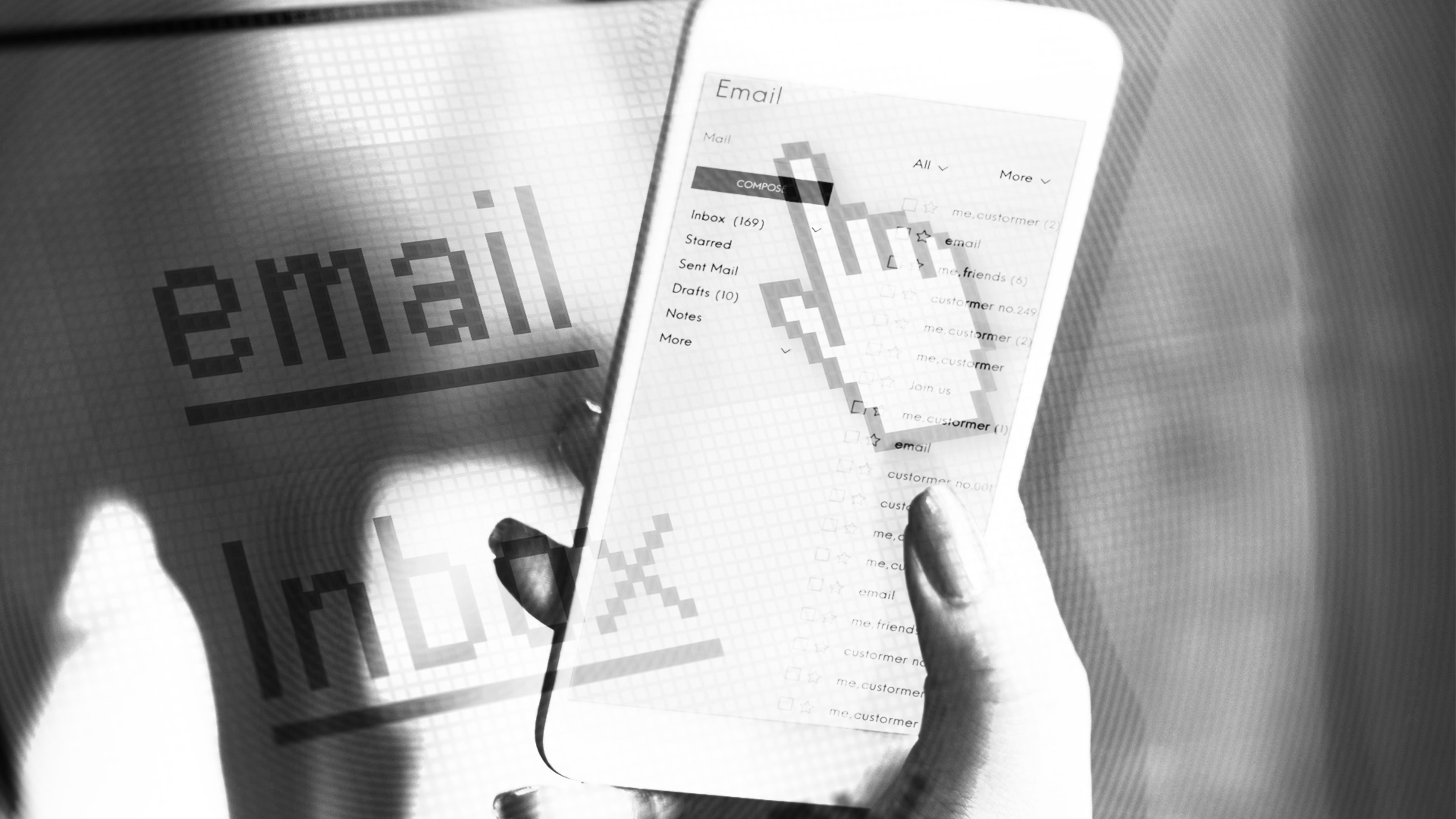If you’re reading this article, you probably already know that email messes with our productivity and focus. How many times have you been deep into a project only to be distracted by a barrage of messages that flooding your inbox? Before you know it, you’re spending the rest of your day in reactive mode dealing with everyone else’s requests.
Many of us are, in fact, addicted to email. As Fast Company previously reported, checking email can release the pleasure hormone dopamine, the same hormone that gets discharged during sex, gambling, and drug consumption. There is also the FOMO factor: The off chance that there’s something important there. And let’s not forget just checking email to procrastinate.
Related: How The Most Productive CEOs Keep Emails In Check
But what if you scrapped the idea of getting your email addiction under control, and instead focused your energy on replicating that addiction when you’re doing truly important tasks.
Why We’re Addicted To Email
Jocelyn K. Glei, author of Unsubscribe–How To Kill Email Anxiety, Avoid Distractions, And Get Real Work Done, wrote in her book that it’s our addiction with progress that powers our addiction to email. We see the number of our email notifications going down, and we feel like we’re accomplishing something.
Glei says it’s part of the brain’s “completion bias,” in which we get a shot of pleasurable dopamine as soon as we complete a task like answering an email, making us feel compelled to keep doing it.
The problem is that answering our emails is almost never the best use of our time. According to Glei, answering emails “can lead us to become addicted to busywork at the expense of carving out time to do our best work.” In most instances, you’re responding to other people’s agendas, at the expense of your own.
Step 1: Change The Way You Think About Email
Step one of transferring your email addiction to real, meaningful work addiction is to stop letting your inbox dictate what you should focus on each day.
Email should be something that helps our work, rather than a tool that controls us, says Glei. This a view that PubMatic CEO Rajeev Goel shares. He previously told Fast Company that we should think about email as “facilitating work” rather than being our work. This shift allows us to put it in lower priority and will make us less likely to click on every email that comes our way right away.
Related: Why You Should Hire The Person Who’s Slow To Reply To Your Emails
Step 2: Make Your Progress Visible
Glei came to the realization that one of the most powerful ways to shift her perspective is to create metrics so you can see yourself making headway. In her book, she suggests you “post a calendar by your desk to track your daily creative output, such as the number of words you wrote, bugs you fixed, or sales call you made…or print out your drafts, sketches, and prototypes as they accrue and keep them in an ever-growing stack on your desk as a testament to your progress.”
Glei tracks her progress by writing down how many words she’s written every single day, as well as tasks she’s completed on the calendar behind her desk. “That way, I can see my progress, and my momentum in a very granular way, for my most important work. The key is to make progress visible for the projects you’re deeply invested in. So you’re not only seeing progress when you whittle down your unread message count or sift through your Slack notifications.
Progress is one of our most powerful motivators at work, so you have to find ways to “see” it in the projects that matter most.”
Glei admits that she’s not always immune from the pull of inbox zero. But whenever she finds herself in that situation, she puts her urge in perspective. She asks herself “Do I want to let other people’s emails dictate my mood, my focus, and my to-do list? Or do I want to remain in control of what I accomplish with my day?”
“I don’t want my tombstone to say: “Here lies Jocelyn K. Glei, she checked all her emails.” It sounds a bit underwhelming doesn’t it?”
Recognize your brand’s excellence by applying to this year’s Brands That Matter Awards before the early-rate deadline, May 3.
